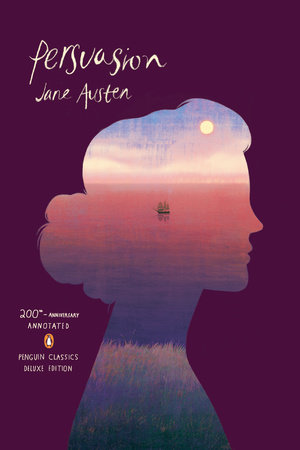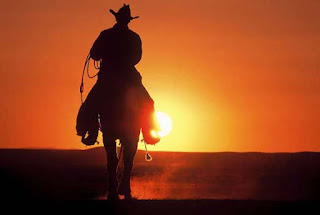Two years ago here I wrote about listening to the audiobook of Pride and Prejudice, my first encounter with Jane Austen. I have been working my way through her other novels, in no order, and have had an interesting experience with her book Persuasion (1818).
I should put in a spoiler alert here, I suppose.
There is a famous scene in which the characters are visiting Lyme (really Lyme Regis) and and walk along the Cobb, a stone wall at the harbor. Louisa demands that Captain Wentworth "jump her down" from the steps. Although Austen doesn't say so explicitly it seems obvious to me that the teenager is 1) flirting, and 2) using the opportunity for some physical contact with the handsome sea captain.
There is another point involved, and Austen nails that one down with a sledgehammer: Wentworth had previously criticized the novel's heroine, Anne Elliot for being too persuadable, easily having her opinion changed by others. Now, in a classic case of be-careful-what-you-wish-for, he is unable to convince Louisa not to jump. She does so with unfortunate results.Austen does like falls. Being so concerned with social rank she seems to enjoy the up-and-down metaphor. (My first piece about Austen focused on her use of the word "condescension" which literally means "stepping down together.") Earlier in the same novel Wentworth refers to a happily married couple going out for a drive: "I wonder whereabouts they will upset to-day. Oh! it does happen very often, I assure you, but my sister makes nothing of it; she would as lieve be tossed out as not." Louisa, tellingly, approves of that sentiment.
And Louisa brings me to the real topic of this piece: a bit of word-nerdery.
When I read the phrase "jump her down" I was intrigued. I had never heard it before. So I decided to consult that source of all linguistic knowledge, the Oxford English Dictionary. I don't have a copy of the twenty-volume set but as a professor emeritus at the university where I used to work I have online access.
Not surprisingly, "jump" turns out to be an interesting word. The verb has been traced back to 1511. The noun makes an appearance half a century later. But what about the meaning that caught my attention?
Sure enough, the oldest example the OED offers is from our book:
a1817 J. Austen Persuasion (1818) III. xii. 259 She..ran up the steps to be jumped down again.
Fair enough, but my problem is with the definition they offer:
a. To cause to jump; to give a jumping motion to; to drive forward with a bound; to startle.
But that isn't what Austen is describing in Persuasion. Wentworth isn't causing Louisa to jump. A more accurate definition would be something like "to catch or otherwise assist someone who is jumping."Here is the Cobb scene as imagined in two film productions of Persuasion. They disagree on details but are both on my side versus the dictionary, I think.
By the way, when the poet Alfred Tennyson visited Lyme Regis his friends offered to show him some important historic site and he responded: "Don’t talk to me of the Duke of Monmouth; show me the exact spot where Louisa Musgrove fell."
One more language question for all the Austeneers out there. Why in the name of heaven are four of the characters in the book named Charles? Didn't she know any other names?
Anyway, that's a summary of my never-to-be-written PhD. dissertation on English literature. If you don't like it, well, the Cobb is still there, and you know what you can do. (Or just tell me in the comments.)








.jpg)

























